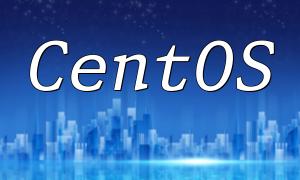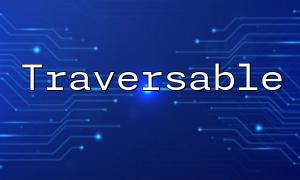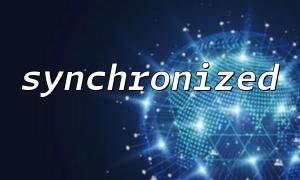CGI (Common Gateway Interface) is a standard protocol that allows web servers to communicate with external programs. PHP CGI is a CGI-based interface used to execute PHP scripts. However, PHP CGI is inefficient when handling high-concurrency requests, which is the reason Fast CGI was developed.
Compared to traditional PHP CGI, Fast CGI offers several significant advantages:
Fast CGI reduces processing time significantly by keeping processes in memory rather than restarting them with each request. This means Fast CGI can greatly enhance performance when handling multiple requests.
Fast CGI allows multiple requests to share a single process, making it more efficient for the server to manage resources. In contrast, PHP CGI creates a new process for each request, leading to resource wastage.
With Fast CGI, developers can better manage errors. Fast CGI can maintain the process even in the event of a Fatal Error, whereas PHP CGI requires a full process restart, which negatively affects the user experience.
To implement Fast CGI in your project, follow these steps:
Choosing Fast CGI over PHP CGI can significantly improve the performance and resource efficiency of web applications. In high-concurrency scenarios, Fast CGI provides better stability and faster response times, which is crucial for websites that need to handle a large volume of user requests. Therefore, understanding and applying Fast CGI is an effective way to boost website performance.
We hope this article offers valuable insights to help you choose the right interface for your project and contribute to its success.









